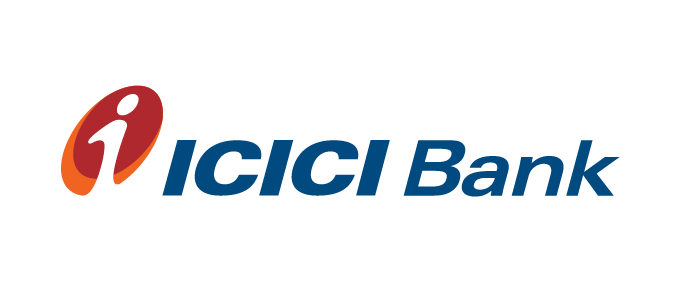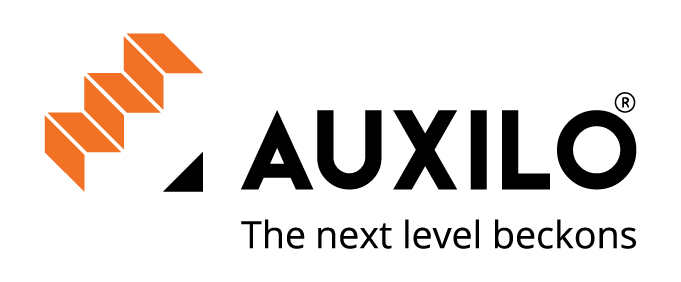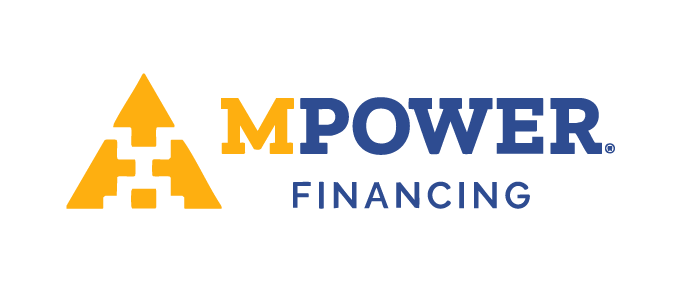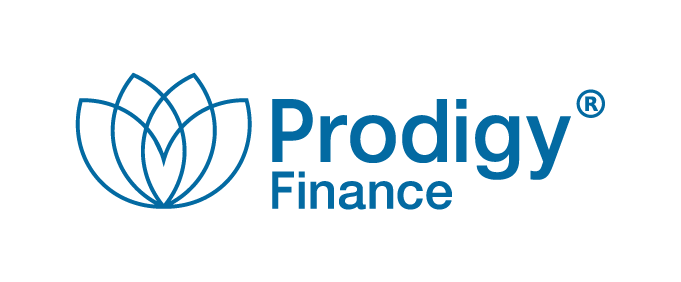If you’re heading to the US for studies, the new Visa Integrity Fee means an extra $250 expense.. The good news first: Fall 2025 students are protected. President Trump’s “One Big Beautiful Bill Act,” signed into law on July 4, 2025, introduces a new Visa Integrity Fee that goes into effect on October 1, 2025.
This timing gives Fall 2025 students a crucial advantage – you’ll enter the U.S. under the current, more affordable visa system.
What Changes for Spring 2026 Students and Beyond
Starting October 1, 2025, the cost of obtaining a student visa will jump significantly:
The New Cost Breakdown
- Previous Total: ~$535
- SEVIS fee: $350
- Visa application fee: $185
- New Total: ~$785
- SEVIS fee: $350
- Visa application fee: $185
- Visa Integrity Fee: $250
That’s a 47% increase in visa costs.
Important Cost Considerations
- The $250 fee will increase annually with inflation
- No upper limit has been established
- This is in addition to any other application or processing fees
Understanding the “Security Deposit” System
Here’s what makes this fee different: it’s refundable. Think of it as a security deposit that you can get back if you follow all the rules during your stay in the U.S.
When You Actually Pay
Unlike other visa fees paid upfront, the Visa Integrity Fee is collected only after your visa is approved and social media vetting is cleared. This provides some protection during the application process, especially if you face delays due to additional security reviews.
How to Get Your $250 Back: The Compliance Roadmap
To qualify for a refund, you must demonstrate perfect compliance throughout your stay. Here’s your roadmap:
1. Master Employment Rules
Employment violations are the most common reason students will lose their security deposit, making this area critical to understand thoroughly. The rules around student employment are complex and have become increasingly strict under the new regulations.
- Understanding Authorized Work: As an F-1 student, you’re generally limited to 20 hours per week of on-campus employment during the academic year, with full-time work permitted during breaks and holidays. On-campus work includes positions with your university, campus dining services, bookstores, or research assistantships. The key is that the work must be directly related to your school and located on campus premises.
- Curricular Practical Training (CPT) and Optional Practical Training (OPT) represent your pathways to off-campus employment, but both require advance authorization from your school’s international student office. CPT allows you to work in positions directly related to your field of study and must be completed before graduation. OPT, on the other hand, can be used during your studies (pre-completion OPT) or after graduation (post-completion OPT) and provides up to 12 months of work authorization in your field.
- The Danger Zone: What many students don’t realize is how broadly “unauthorized work” is defined. This includes seemingly innocent activities like tutoring for payment, freelance writing, driving for ride-sharing services, or even unpaid internships that don’t meet specific educational criteria. The government considers any activity that would normally be compensated as “work,” regardless of whether you actually receive payment. Even volunteer work can be problematic if it displaces paid positions or provides substantial benefits to an employer.
2. Nail Your Departure Timing
The five-day departure rule represents one of the most unforgiving aspects of the new system, and it’s where many otherwise compliant students lose their security deposit. Understanding your I-94 expiration date and planning accordingly is absolutely crucial to recovering your $250 fee.
- The I-94 Reality: Your I-94 arrival/departure record, now electronic, determines your authorized stay period. Unlike your visa stamp, which might be valid for multiple years, your I-94 typically expires at the end of your current academic program or authorized stay period. Many students mistakenly believe their visa validity date determines when they must leave, but it’s actually the I-94 date that matters for the security deposit.
- Grace Period Complications: F-1 students traditionally receive a 60-day grace period after program completion, while J-1 students typically get 30 days. However, under the new Visa Integrity Fee rules, you must depart within five days of your I-94 expiration to qualify for the refund. This means the traditional grace period, while still legally valid for staying in the U.S., doesn’t protect your security deposit.
- Planning Your Exit Strategy: The five-day window requires careful planning, especially considering that flight availability and pricing can fluctuate. Students should book their departure flights well in advance and have backup options available. Keep in mind that weekends and holidays can complicate travel plans, so don’t wait until the last minute to make arrangements.
- Legal Exceptions: You can stay beyond the five-day limit without forfeiting your fee only if you have an approved extension application filed before your I-94 expires, a pending adjustment of status to permanent residency, or an approved change of status to another visa category. The key word here is “approved” – merely filing an application isn’t sufficient unless it’s been officially approved by USCIS before your I-94 expiration date.
3. Maintain Perfect Academic Standing
Academic compliance under the new system goes far beyond simply passing your classes. The government expects continuous, full-time enrollment and satisfactory academic progress throughout your stay, with very limited exceptions for approved breaks or reduced course loads.
- Full-Time Enrollment Requirements: For F-1 students, this typically means enrolling in at least 12 credit hours per semester for undergraduate programs and 9 credit hours for graduate programs. However, these minimums can vary by institution and program type. What’s particularly important is that you maintain this full-time status every semester you’re in the U.S., with rare exceptions for medical reasons or academic difficulties that must be pre-approved by your international student advisor.
- The Academic Progress Standard: Beyond enrollment numbers, you must maintain “satisfactory academic progress” as defined by your institution. This usually means maintaining a minimum GPA (often 2.0 for undergraduates, 3.0 for graduates) and completing a sufficient percentage of attempted credit hours. Failing to meet these standards can result in academic probation, which may jeopardize your visa status and, consequently, your security deposit eligibility.
- Program Completion Procedures: How you complete your program matters significantly under the new rules. You must follow proper procedures for program completion, including timely notification to your international student office, completion of all required coursework, and proper closure of your SEVIS record. Simply finishing your classes isn’t enough – you must ensure all administrative requirements are met and properly documented.
- SEVIS Record Maintenance: Your Student and Exchange Visitor Information System (SEVIS) record must remain active and accurate throughout your stay. This means promptly reporting any changes in your program, address, or personal information to your designated school official. A terminated or inaccurate SEVIS record can immediately jeopardize your status and your eligibility for the security deposit refund.
Your Documentation Strategy: Think Like a Lawyer
The new Visa Integrity Fee system places unprecedented importance on documentation and record-keeping. Success in recovering your $250 deposit depends entirely on your ability to prove compliance through comprehensive documentation. This isn’t just about keeping receipts – it’s about creating a complete legal record of your entire stay in the United States.
- Why Documentation Matters More Than Ever: Unlike the previous system where minor violations might result in warnings or status corrections, the new fee structure operates on a strict compliance model. You either have perfect documentation proving full compliance, or you forfeit your deposit. There’s no middle ground, no appeals process for “good faith” efforts, and no exceptions for ignorance of the rules.
- Creating Your Documentation System: Start organizing your records from day one, not when you’re preparing to leave. Create both digital and physical filing systems organized by category and date. Consider this your “compliance portfolio” that you’ll build throughout your stay. The investment in organization now will pay dividends when you need to prove your compliance later.
Essential Records to Maintain
- Travel Documentation Excellence: Every entry into the United States creates a new I-94 record, and every departure should be documented. Print your electronic I-94 form immediately after each entry – don’t wait, as the system can occasionally experience glitches or delays. Keep all boarding passes, flight itineraries, and passport stamps, even for short trips to Canada or Mexico. Hotel reservations, travel insurance, and even credit card statements from trips can serve as supporting evidence of your travel patterns.
- Employment Documentation Mastery: This area requires the most detailed attention because employment violations are the most common reason for fee forfeiture. Keep copies of all work authorization documents, including your I-20 or DS-2019 endorsements for employment. Maintain detailed records of work hours, pay stubs, and tax documents. If you work in research, keep records of your research activities, supervisor contact information, and any academic credit received. For CPT or OPT employment, maintain copies of job offers, employment contracts, and supervisor evaluations.
- Academic Record Perfection: Your academic documentation should tell the complete story of your educational journey. Keep enrollment verification documents for every semester, including summer sessions. Maintain copies of grade reports, transcripts, and any academic honors or achievements. Document any approved reduced course loads, medical leaves, or other exceptions to standard enrollment requirements. Keep correspondence with academic advisors, international student offices, and any other school officials regarding your status.
- Digital Organization and Backup Strategy: In the digital age, many records are electronic, but systems can fail and websites can change. Regularly download and save electronic documents, particularly I-94 records and SEVIS information. Create multiple backup copies using cloud storage services, but also maintain physical copies of the most critical documents. Organize files with clear naming conventions and dates to make retrieval easy during stressful situations.
Who This Affects (And Who It Doesn’t)
Safe from the Fee:
- Fall 2025 students (visa issued before October 1, 2025)
- Current F-1 students already in the U.S.
- Transfer students maintaining status within the U.S.
- Students continuing at the same institution
Will Pay the Fee:
- Spring 2026 students and beyond
- Current students traveling abroad for visa renewal
- Students changing status and needing new visas
- Any new F-1 or J-1 applicant after October 1, 2025
The Refund Process: What We Know So Far
The refund is not automatic. You must actively apply with supporting documentation through procedures currently being developed by the Department of Homeland Security.
Key Points:
- Comprehensive documentation required
- Process details still being finalized
- Applications likely to be processed after departure or status change
How Collegepond Can Help You Navigate This Change
Collegepond, with over 22 years of experience in international education consulting and a 99% visa success rate, offers comprehensive support to help students navigate this new landscape successfully.
Collegepond’s specialized visa counselors provide detailed guidance on compliance requirements, helping students understand exactly what they need to do to qualify for fee refunds. With enhanced scrutiny under the new social media screening requirements, Collegepond’s mock interview sessions help students prepare for the increasingly complex visa interview process.
Our experts help students establish comprehensive record-keeping systems from the beginning of their journey, ensuring they have all necessary documentation for potential refund applications.
Financial Planning and Education Loan Assistance
Collegepond helps students and families plan for the increased costs, including the Visa Integrity Fee and potential annual increases. Through partnerships with multiple financial institutions, Collegepond assists students in securing education loans at competitive rates to cover the increased visa costs. Moroever, our team helps identify and apply for merit-based scholarships that can help offset the additional visa expenses.
Ongoing Support Throughout Your Journey
Collegepond provides comprehensive pre-departure briefings that now include specific guidance on maintaining compliance for Visa Integrity Fee refund eligibility. Our support continues after students arrive in the U.S., including guidance on maintaining status, employment authorization, and preparing for eventual departure or status adjustment. Students become part of Collegepond’s extensive alumni network, providing ongoing support and networking opportunities throughout their academic journey.



































